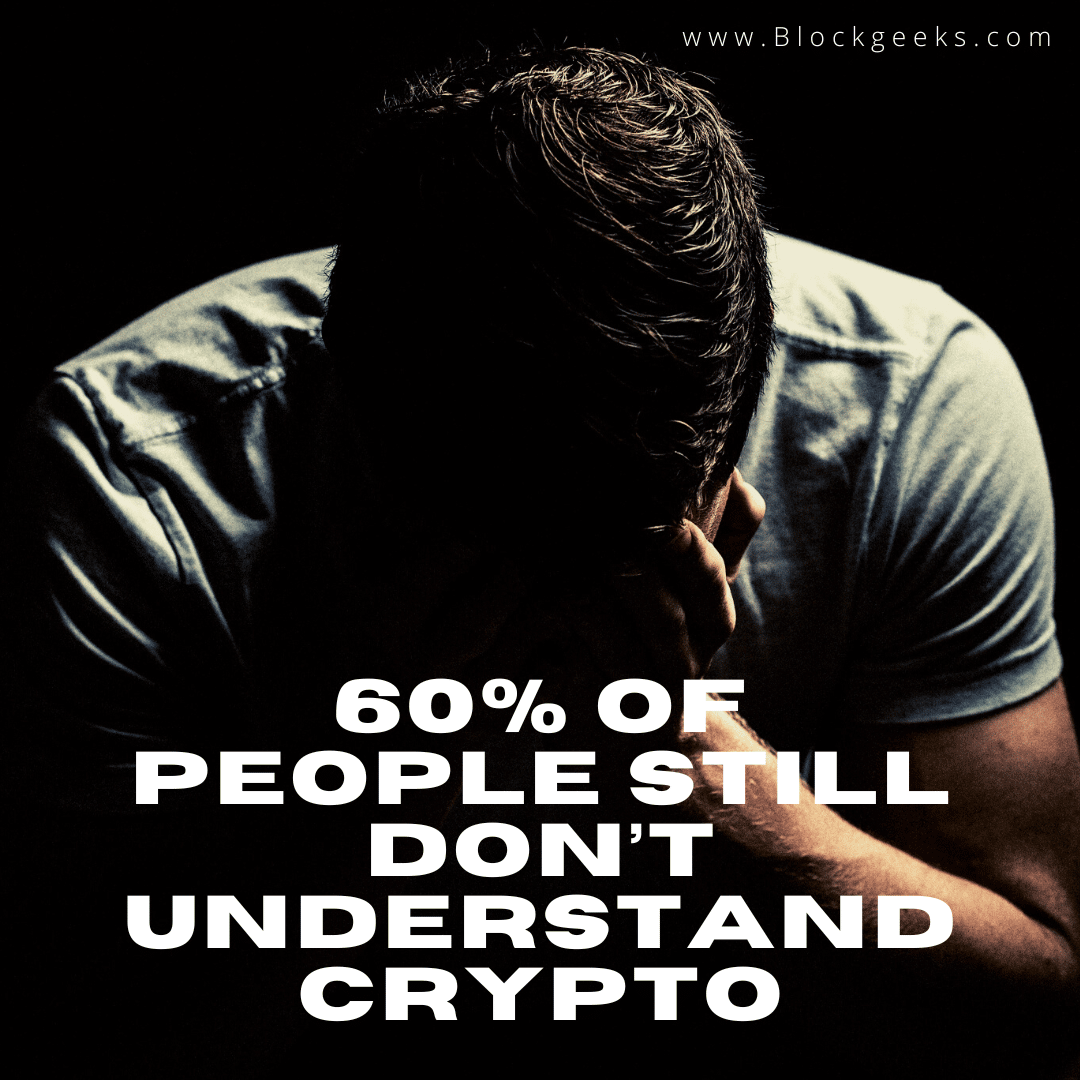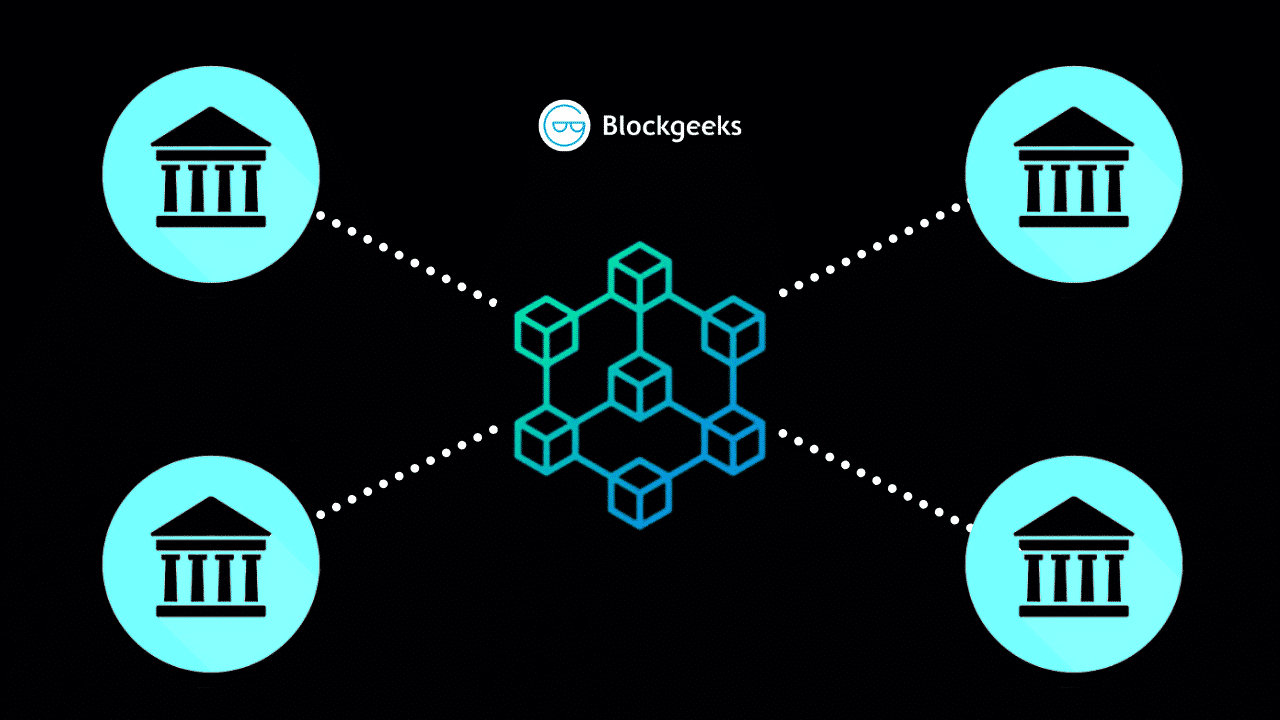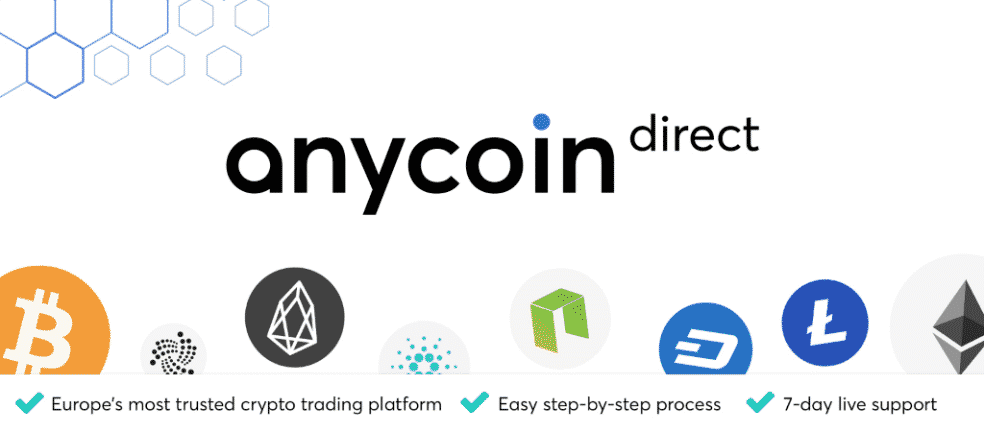 Navigation
Navigation
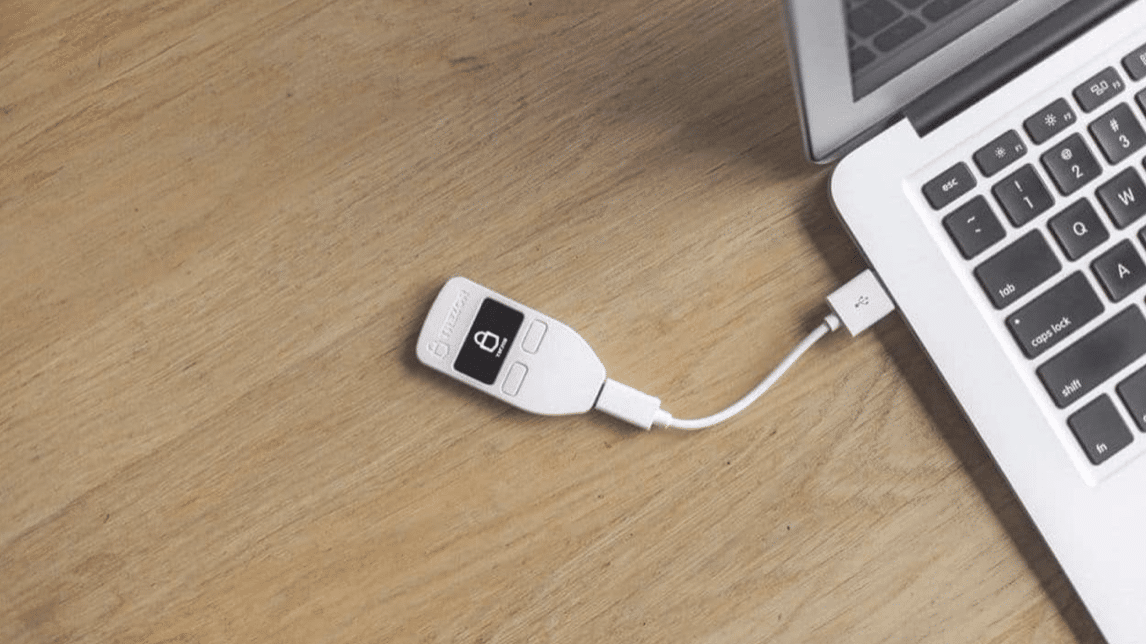
Why Hardware Wallets Are More Important Than You Think
|
|
Why Hardware Wallets Are More Important Than You Think
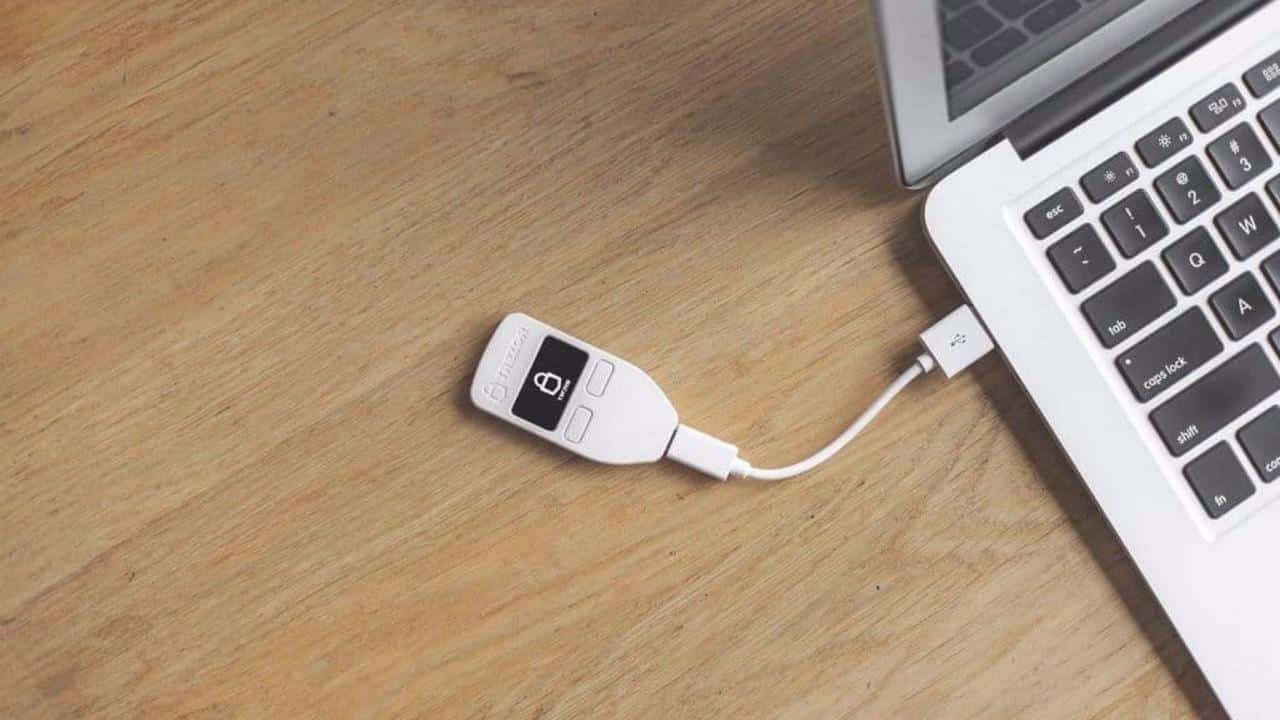
Hardware wallets have been a staple in the cryptocurrency for close to seven years. In this time, they have emerged as the gold standard in cryptocurrency wallet security, due to their resistance to most, if not all known attack vectors.
Though they’ve certainly grown in popularity in recent years, they’re still only used by a tiny majority of cryptocurrency owners. But as we’ll soon see, they may be more important than may people might first realize.
Crypto Appreciates with Time
When it comes to selecting a cryptocurrency wallet, many individuals tend to go with what is convenient, rather than optimizing for security.
The rationale behind this decision usually stems from the concept that they will eventually move to a more capable or secure solution later on, once the needed arises. But while this is certainly better than sticking with an inadequate wallet, it doesn’t consider the fact that cryptocurrencies have generally appreciated with time.
In the last year alone, the average cryptocurrency have seen its value improve by 1,100%, while several cryptocurrencies have dramatically exceeded these returns, including Chiliz (CHZ) and Dego Finance (DEGO) — which have gained over 3,000% apiece.
Now, while this is certainly welcome, many investors neglect to consider the risk of losing potential gains, should they get hacked or scammed at an early stage in their investment career. After all, a lost $1,000 investment in Bitcoin this time last year, would be the equivalent to a loss of more than $10,000 now.

Image courtesy: CoinMarketCap
Because of this, hardware wallets represent an insurance policy against not only suffering immediate losses, but also preventing the loss of what could be substantial future profits.
As a result, securing a hardware wallet early not only keeps you protected right off the bat, but also gives you a better shot at future success — certainly a worthy consideration if you intend to grow your cryptocurrency portfolio to staggering heights.
They Are Now More Accessible
When Trezor development firm SatoshiLabs invented the world’s first consumer cryptocurrency hardware wallet in 2014, it was immediately hailed as a revolution in cryptocurrency security.
At the time, a significant fraction of cryptocurrency holders were using relatively insecure methods to secure their assets, such as paper wallets and incredibly risky ‘brain wallets’ — i.e. they simply memorized their recovery phrase or private keys.
With the advent of the Trezor One, users finally had a way to secure their assets from a range of attacks, but there was a major problem — it was expensive, costing around $119 at the time for the base model.
Even nowadays, most hardware wallets cost upwards of $100, which can be an expensive ask for many cryptocurrency holders.
But there is an exception. Cross-platform multi-asset wallet, Coin Wallet, introduces a novel solution to the problem, by featuring support for the FIDO U2F standard. In case you haven’t heard, this is the open authentication standard used by a huge range of online services and platforms, which uses cryptographic security to keep data safe.
By featuring support for FIDO U2F, Coin Wallet is compatible with a huge range of 2-Factor security keys, including the YubiKey Yubico Series 5 and many other FIDO U2F security keys, many of which can be had for under $50.
By combining Coin Wallet with a security key, users can now benefit from hardware-grade security, without having to break the bank to do so.
They Are Dramatically More Secure

Image courtesy: Flickr
Depending on your wallet setup, odds are the only things protecting your funds from hackers and thieves are a password and a lack of physical access.
While this security arrangement is typically just enough to ensure most people don’t lose their funds, it’s certainly not optimal — after all, with trojans, phishers, and other malware attacks on the uptrend in the last year, and cryptocurrency users frequently the target of these attacks, due to their irrecoverability, it’s important to take security seriously.
With most hardware wallets practically immune to online attacks (e.g. phishing and trojans), and many immune to physical attacks (e.g. side channel attacks, brute forcing, and overflow attacks) too, they represent a powerful tool for the security conscious.
Although hardware wallets are typically used by those with extensive cryptocurrency portfolios or a serious stash that they want to keep secure, the security they offer can benefit everyone.
And with the advent of cross-platform hardware wallet options, including Ledger’s Nano X wallet and Coin Wallet (with security key) now available, there is no reason why anybody should need to suffer a loss due to theft ever again.
Is it time for you to rethink the security of your assets?
Disclaimer: This is a third-party submitted article. Blockgeeks does not endorse, nor is responsible for any material included below and isn’t responsible for any damages or losses connected with any products or services mentioned in this article.

